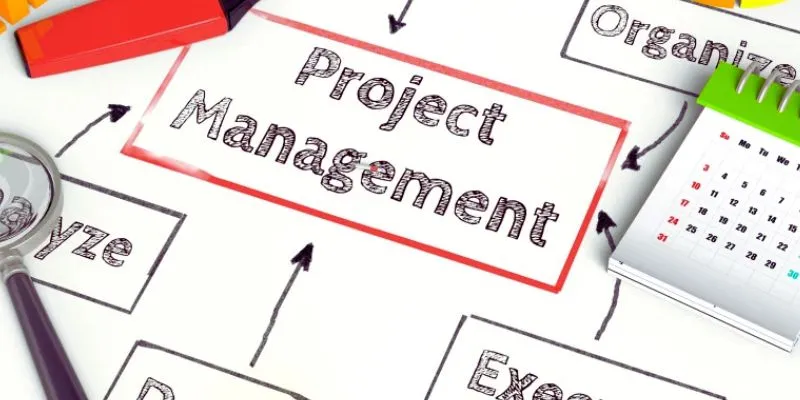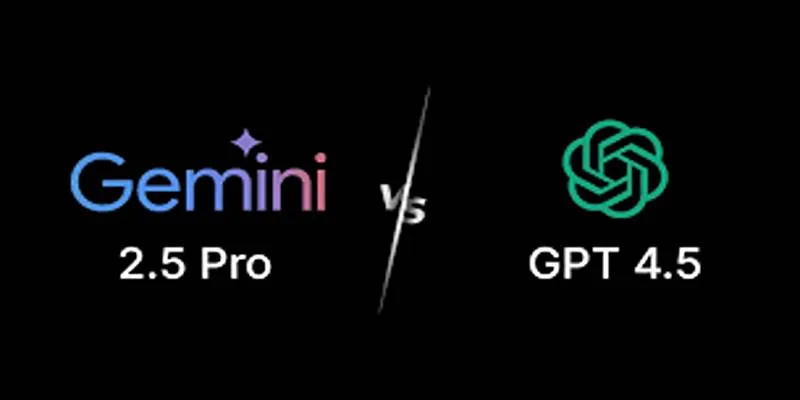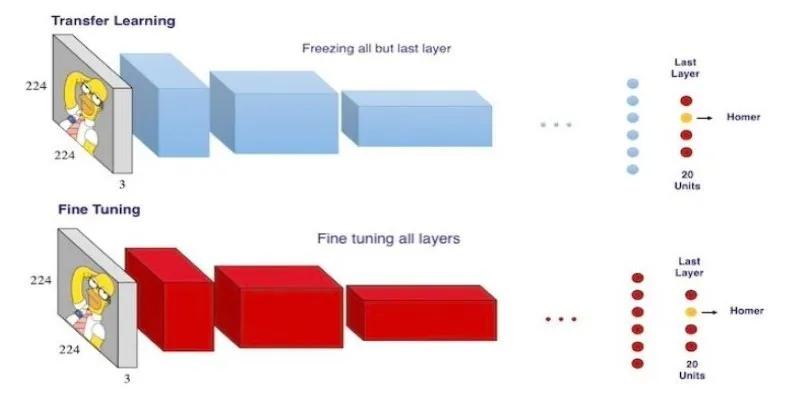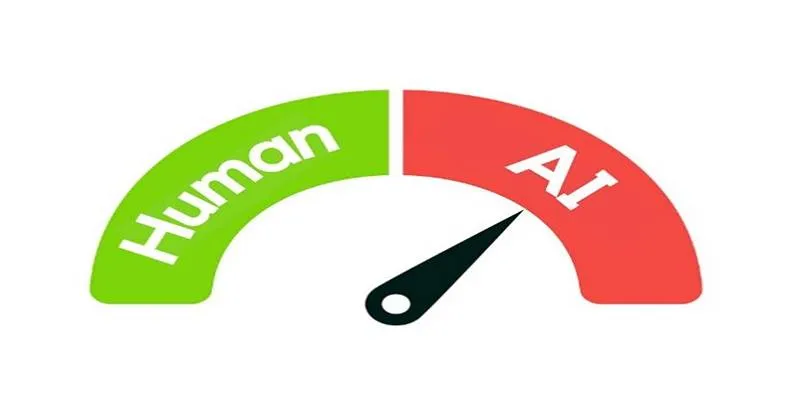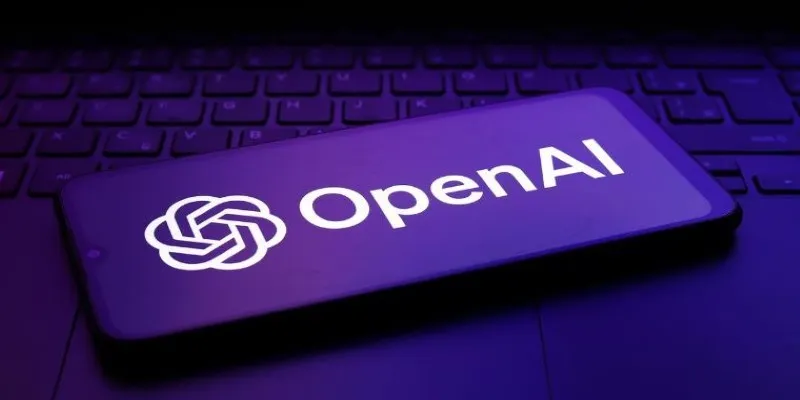In recent years, AI-driven tools have become an essential part of the educational landscape, especially for students aiming to improve their writing skills. Tools like Grammarly have revolutionized the feedback process, offering real-time, automated suggestions that help students refine their writing and develop stronger language abilities. As these tools evolve, they not only address traditional aspects of writing—such as grammar, punctuation, and style—but also foster better critical thinking and revision habits.
Using AI-based feedback on student writing is not merely a temporary fix for errors; it represents an opportunity to elevate writing quality, enhance clarity, and provide students with the support they need to grow as writers.
The Power of Instant Feedback: Why AI Is Changing the Game
One of the biggest challenges students face when writing is the delay in receiving feedback. Instructors, particularly those teaching large classes, often struggle to provide detailed comments on each assignment promptly. AI tools like Grammarly bridge this gap by providing real-time feedback. From proofreading spelling and grammar errors to suggesting sentence restructuring, these tools enable students to receive immediate suggestions, which they can implement before submitting their work. This type of feedback not only boosts students’ confidence in their writing but also encourages them to revise and improve the structure and clarity of their work.
Moreover, instant feedback fosters more autonomous writing. When students consistently use AI tools, they become adept at self-editing and refining their work without relying solely on external approval. This cultivates a sense of ownership over their writing process, and as they practice, students start internalizing the feedback, enhancing their skills accordingly.
Enhancing Writing Skills with AI: The Role of Grammar and Style Tools
When we think of AI-powered writing applications, grammar check is often the first feature that comes to mind. However, applications like Grammarly do more than just correct spelling; they examine errors such as subject-verb agreement, sentence breaks, and word usage. These computerized hints help students recognize common mistakes and improve their overall writing mechanics. The benefits extend far beyond grammar.

AI tools also provide feedback on writing style. For instance, they can identify overuse of passive voice, awkward phrasing, or redundancy, all of which can weaken a piece of writing. These suggestions encourage students to choose clearer and more direct language, enhancing the readability of their work. AI-driven feedback also aids with sentence variety and flow, highlighting areas where sentences may be too long or difficult to follow and offering alternatives to improve clarity. These enhancements can elevate a student’s writing from functional to engaging, fostering a more effective communication style.
By addressing these finer points of writing, AI tools help create a more polished final product. Over time, students become more aware of their writing habits and begin to avoid recurring mistakes, leading to improved writing in both academic and professional contexts.
How AI Feedback Promotes Revision and Critical Thinking
One of the most significant advantages of AI-driven feedback is its ability to promote revision and critical thinking. Unlike traditional feedback, which often comes in the form of broad comments or corrections, AI tools break down writing into specific elements—each sentence, word, or punctuation mark. This detailed level of analysis encourages students to think critically about each aspect of their writing.
AI tools prompt students to re-examine their sentences and make changes that enhance clarity, impact, and effectiveness. For example, if a student uses a word incorrectly or inappropriately, the AI tool will offer suggestions for alternatives. This encourages students to rethink their word choices and sentence construction, improving their vocabulary and writing skills.
The revision process based on AI feedback also teaches students the value of multiple drafts. It emphasizes that writing is not a one-and-done process but rather a continuous effort of refining and reworking ideas. Students can learn to appreciate the revision process and apply these lessons in other areas of their academic work.
AI in Academic Writing: A Complementary Tool, Not a Replacement
Some critics argue that relying on AI feedback might discourage students from learning the fundamentals of writing. While it is true that automated tools can provide quick fixes, they should be seen as supplements rather than replacements for traditional writing instruction. AI-driven feedback tools help students refine their work, but they don’t replace the need for critical thinking, creativity, and originality that a teacher can foster.

These tools are best used when students already have a basic understanding of writing. They can help with fine-tuning and polishing, but they shouldn’t replace the guidance students receive from teachers. Furthermore, AI tools may not fully capture the nuances of writing, such as tone and context. A teacher’s feedback on voice, style, and argument structure is still essential for developing more sophisticated writing skills.
Ideally, students would use AI-driven tools as an additional resource in their writing process. After completing a draft, they could apply the feedback from AI tools and then seek personalized guidance from a teacher or peer to address areas requiring deeper, more nuanced analysis, enhancing clarity, structure, coherence, and overall quality of their work.
Conclusion
AI-driven feedback tools like Grammarly are reshaping student writing by offering instant, detailed corrections and encouraging critical thinking. These tools help students improve grammar, style, and clarity while fostering a deeper understanding of the revision process. Although AI can’t replace the insight and guidance provided by teachers, it acts as a valuable supplement that promotes independent learning. When used correctly, AI-driven feedback enhances writing skills and boosts confidence, helping students become better communicators. The future of AI in writing looks promising, offering personalized support that will continue to refine the way students approach and improve their work.
 zfn9
zfn9

